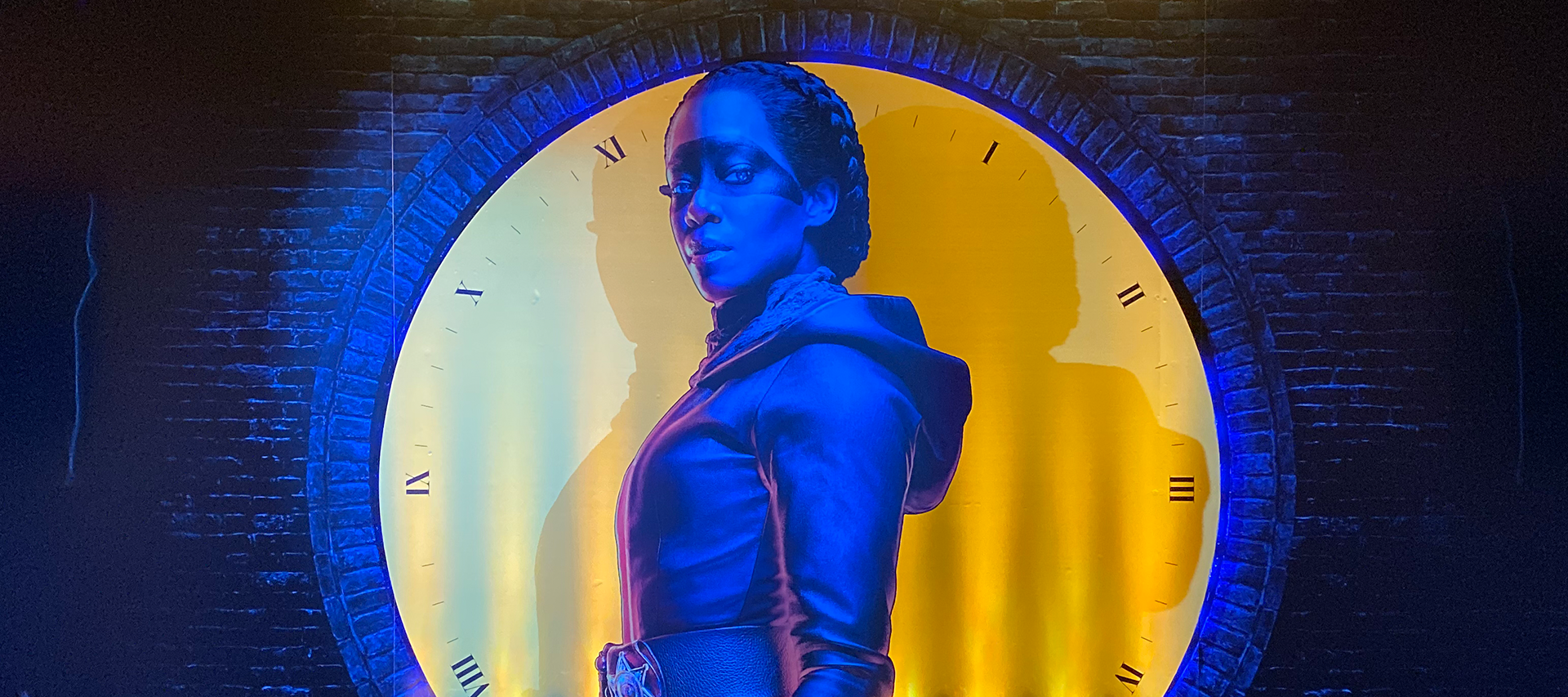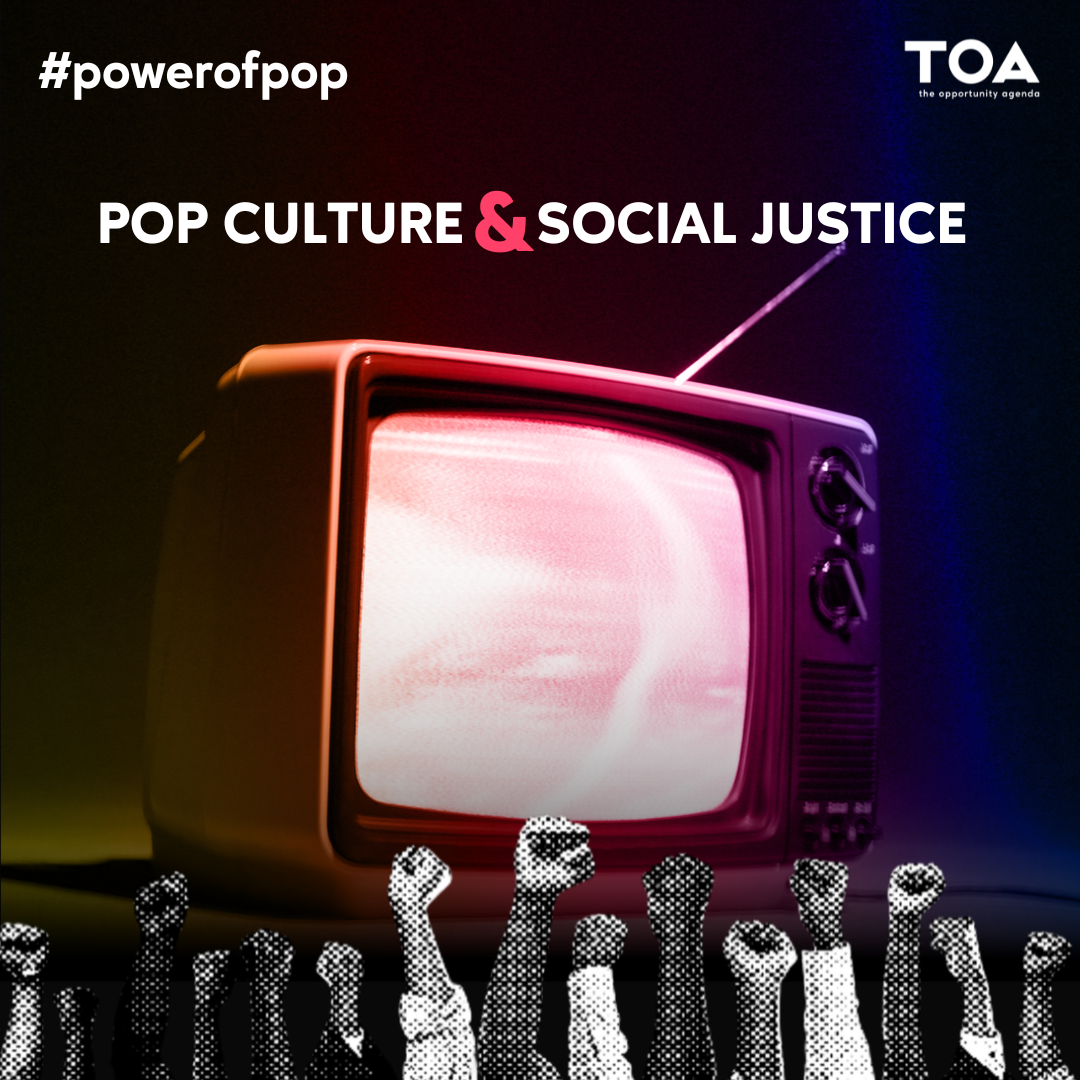Watchmen, White Supremacy, and the Power of Pop

by The Opportunity Agenda
For many Americans, HBO’s “Watchmen” (2019) was the first time they heard of the 1921 Tulsa Race Massacre — the white supremacist terrorist attack that devastated the burgeoning Black Wall Street. That it takes a television series to inform the public about one of the gravest atrocities in American history is both damning for our public education system and a testament to the power of pop culture to educate the masses.
Five years since its premiere, the Watchmen series continues to powerfully illuminate the white supremacist ideas and policies baked into American society. In fact, the whole premise of the show rests on the belief that we can and must take actionable steps toward racial repair and justice in our communities.
At TOA, we know the power pop culture holds to shape public opinion because we’ve researched it. Stories and art move audiences on a deep, emotional level; we certainly felt that way watching “Watchmen.” That’s why we created a #PowerOfPop series diving into some of the show’s main themes and how they connect to the real world today!
Here are some of our key takeaways:
View this post on Instagram
In both the public education system and the media, so much of what we learn about history is intentionally watered down to obscure the past in order to prevent us from fully understanding the roots of today’s injustices. This is what makes “Watchmen” such a stark contrast. It flips the script of the Tulsa Race Massacre and its devastating impacts by asking “what if” the United States took a different path. Watch Porshéa talk about how popular media can combat historical erasure and reshape public conversations to confront the ongoing racial violence and attempts to erase American history from our schools!
View this post on Instagram
This is reflected in “Watchmen’s” Looking Glass, a superhero working to stop white supremacist violence. Despite Looking Glass’ Christian upbringing and early trauma, he chooses the work of justice over aligning with white Christian nationalism. But why? Watch Brian unpack what Looking Glass’ backstory teaches us about the key ingredient to developing your superpower to spot the lies of white supremacy and be ally in the struggle for racial justice!
View this post on Instagram
A century after the Tulsa Race Massacre, the last living survivors continue to seek compensation for both the horror they endured and the lasting impacts left in the wake of the riots. The white supremacist mob that descended upon Black Wall Street not only killed 300 Black residents but also destroyed 35 acres of commercial and residential property within the Greenwood district. Greenwood was a thriving Black neighborhood, and its destruction was an intentional act of economic violence to set back Black residents’ opportunities to build wealth, prosperity, and political power in the country that once enslaved their ancestors. In the Watchmen universe, tangible action is taken to compensate the descendants of the Massacre by offering them financial reparations through an easy, high-tech process. Watch Istou break down what racial repair looks like in the fictional Watchmen universe and a real-life example of a city doing the work of reparations—can you guess which one?
Interested in more #PowerofPop content? Follow us on Instagram or TikTok for more reviews and subscribe to our YouTube channel to never miss the conversation. From this series to our Halloween Horror watchlists and “Abbott Elementary” bingo board, we’ve created examples of how you can use pop culture to talk about the issues you care about — from racial to economic justice. Happy watching 🍿



